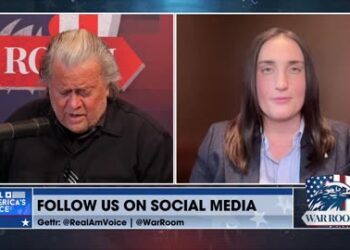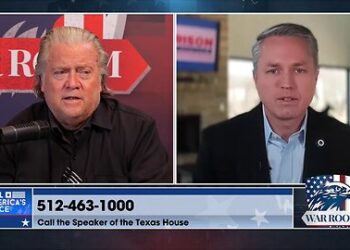France is gripped by escalating concerns over political violence as the country prepares for high-stakes parliamentary elections this weekend. A series of alarming incidents, including physical assaults on lawmakers, has underscored the tense atmosphere surrounding the electoral process.
President Emmanuel Macron, taking a jab at Marine Le Pen, has issued stark warnings about the potential consequences of extreme political outcomes in these elections. He notably invoked the specter of “civil war” should the far-left or far-right achieve significant victories. Macron’s concerns reflect a broader anxiety within the political establishment regarding the polarizing impact of electoral outcomes amidst a charged societal climate.
Le Pen took a jab back at Macron:
"We represent no danger, except that of making Emmanuel Macron lose power,” Le Pen said to CNN News during an interview to be aired on Friday.
The parliamentary elections have already delivered surprising results in the first round, with RN emerging as the leading party. Le Pen’s RN bloc secured a significant share of the vote, positioning them closely to the corridors of power. However, projections suggest they may fall short of the majority needed to govern outright, potentially leading to a hung parliament and heightened political uncertainty.
Government spokesperson Prisca Thevenot and her campaign team became victims of such violence while canvassing in the Parisian suburbs according to media reports from CNN. They were attacked by a group of youths when attempting to prevent the defacement of campaign posters. While Thevenot herself escaped physical harm, her deputy and a team member were hospitalized due to injuries sustained during the altercation.
In response to the incident, Interior Minister Gérald Darmanin confirmed that arrests had been made, signaling swift action against the perpetrators. Despite the attack, Thevenot expressed determination to continue campaigning, condemning violence as “never the answer.”
The violence is not isolated, according to media reports. Marie Dauchy of the National Rally (RN) suspended her campaign after being physically assaulted while campaigning in Savoie. Similarly, Nicolas Conquer, a candidate from The Republican party, filed a formal complaint after allegedly being attacked by left-wing campaigners in Cherbourg.
Jordan Bardella, leader of the National Rally party, acknowledged the rising political tensions and pledged to address security concerns if elected. “For several weeks now, we have seen a multiplication of violence in the streets linked to the electoral campaign,” Bardella remarked, emphasizing the need for calm and order.
Prime Minister Gabriel Attal echoed similar sentiments, denouncing the attacks as incompatible with democratic values. He emphasized the imperative of rejecting violence and intimidation in political discourse, underscoring the government’s commitment to maintaining public order.
The escalating violence has prompted a proactive response from French authorities. Ahead of Sunday’s runoff vote, an additional 30,000 police officers and gendarmes will be deployed across the country to prevent potential unrest and ensure the integrity of the electoral process. Interior Minister Darmanin emphasized the importance of preventing either extreme from exploiting the election results for inciting further violence.
As France braces for a critical electoral moment, the specter of political violence casts a long shadow over the democratic process. The incidents of assault and intimidation underscore the stakes involved and the challenges facing France as it navigates through a contentious election cycle. The outcome on Sunday will not only determine the composition of the National Assembly but also shape the future trajectory of French politics amidst heightened polarization and societal divisions.





